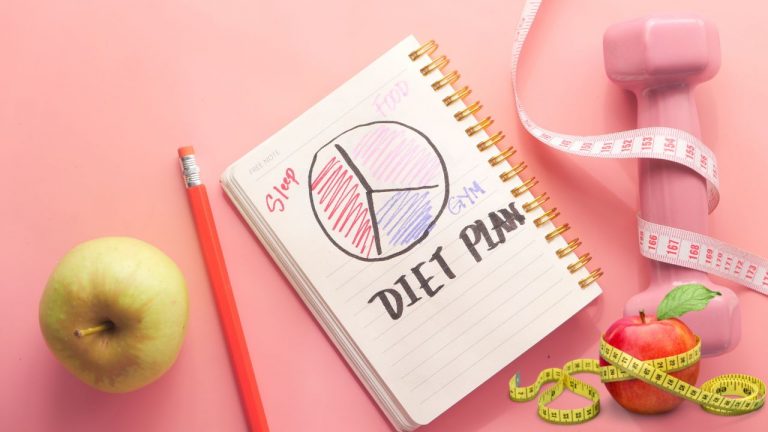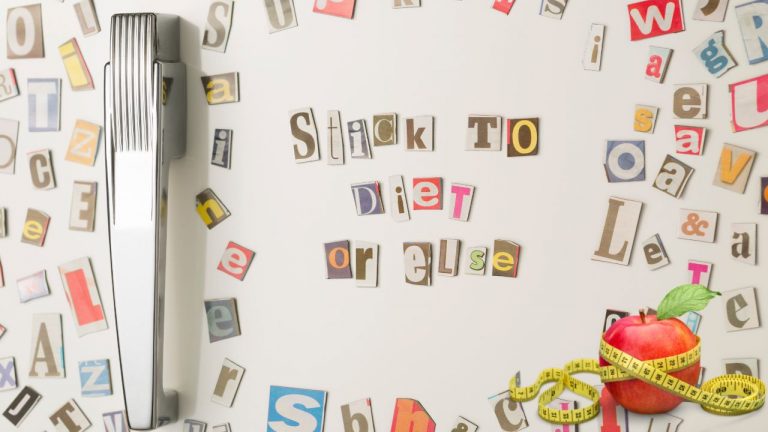How Many Calories Do I Need to Eat to Lose Weight?
If you’re trying to lose weight, you may be wondering how many calories you should be eating each day. This can be difficult to answer, as everyone’s body is different, and there is no one-size-fits-all answer. However, in this blog post, we will give you some tips on how to figure out how many calories you need to eat to lose weight. We’ll also discuss the different types of diets available and help you decide which one is right for you!
How to figure out how many calories you need to lose weight?

To lose weight, you need to create a calorie deficit. This means that you need to burn more calories than you consume. There are ways to calculate how many calories you need to lose weight. The most accurate method is to use a calorie calculator, which considers your height, weight, age, and activity level. However, a simpler way to figure out how many calories you need is to estimate your basal metabolic rate (BMR). This is the amount of energy your body needs to maintain basic functions, and it accounts for about 60-70% of the calories you burn in a day. To calculate your BMR, use the following formula: BMR = 10 x weight (in kg) + 6.25 x height (in cm) – 5 x age (in years) + 5. If you’re looking to lose weight, aim for a calorie deficit of 500-1,000 per day. With a little trial and error, you should be able to find the perfect balance of diet and exercise that helps you reach your goals.
How to choose the proper diet for you to lose weight?

Losing weight is a common goal, but there’s no one-size-fits-all solution. The most important thing to remember is that the best way to lose weight is slowly and steadily by making lifestyle changes that you can stick with over the long term. With that in mind, here are some general tips to help you choose a weight loss plan that’s right for you.
The first step is to eliminate any fad diets from your mind. Promises of rapid weight loss are often based on unrealistic ideals, and they’re not sustainable in the long run. Instead of looking for a quick fix, focus on making small changes that you can stick with over time.
Next, consider your current eating habits and activity level. If you’re not eating a balanced diet or getting enough exercise, those are the areas you’ll need to focus on first. You may also want to talk to your doctor about any medical conditions affecting your weight.
Once you have a better sense of where you’re starting from, you can begin to set realistic goals for yourself. Remember that it’s more important to focus on making slow and steady progress than achieving perfection.
How to stick to your diet and lose weight?

When it comes to losing weight and sticking to your diet, a few key strategies can help make the process a little bit easier. For starters, it’s essential to stay organized and plan out your meals ahead of time. This makes it much easier to stick to your diet goals, as you already have healthy options prepared and waiting in the fridge or pantry. Another important tip is to find ways to distract yourself when cravings hit. Whether taking a walk, chatting with a friend, or working on a fun project, having something else on your mind can help you power through those challenging moments of temptation.
Additionally, getting plenty of rest is crucial for maintaining good physical and mental health. And finally, staying hydrated is an essential part of eating well and curbing cravings – so remember to drink lots of water throughout the day!
How to maintain your weight loss after you’ve reached your goal?

You’re finally at your goal weight. But now what? How do you make sure you don’t gain the weight back? The key is to change your lifestyle, not just go on a diet. Here are a few tips:
- Eat more protein and fiber and fewer refined carbs. This will help you feel fuller longer and help stabilize your blood sugar levels.
- Make sure you’re getting enough sleep. Lack of sleep can increase your hunger hormone levels and lead to overeating.
- Exercise regularly. This will help boost your metabolism, but it will also help keep your appetite in check.
- Stay accountable to someone. Whether it’s a friend, family member, or trainer, having someone to keep you accountable will help you stay on track.
FAQs about diets and weight loss
Everyone is always on a diet, trying to lose weight. But with all of the different diets out there, it can be hard to know which one is right for you. Here are some frequently asked questions about diets and weight loss to help you make the best choice for your needs.
What is the best diet for weight loss?
There is no one-size-fits-all answer to this question. Some people do better on high-protein diets, while others find that they lose weight more quickly on low-carb plans. The best way to figure out what works for you is to experiment with different types of diets and see how your body responds.
How much weight can I realistically lose in a month?
Again, this depends on the individual. Generally speaking, though, most people can safely lose up to 10 pounds in a month without any significant health risks. If you’re trying to lose more than that, it’s essential to speak with your doctor first to ensure that it’s safe.
What are some common mistakes people make when trying to lose weight?
One of the biggest mistakes people make when losing weight is cutting too many calories. This can lead to feelings of deprivation and make it harder to stick to your diet in the long run. Another common mistake is not getting enough exercise. Exercise helps you burn calories, but it also helps boost your metabolism and keep your appetite in check.
What are some tips for staying motivated while trying to lose weight?
One of the best ways to stay motivated is to set small, achievable goals. This way, you can see and celebrate your progress along the way. It’s also essential to find an activity that you enjoy and make part of your daily routine. And finally, surround yourself with supportive people who will help you stay on track.
Conclusion
Losing weight can be a challenge, but there are things you can do to make it easier. Planning, staying distracted, and getting plenty of rest and exercise can all help. And remember, the best diet is the one that works for you. So experiment with different plans and find the one that fits your lifestyle and helps you achieve your goals.



